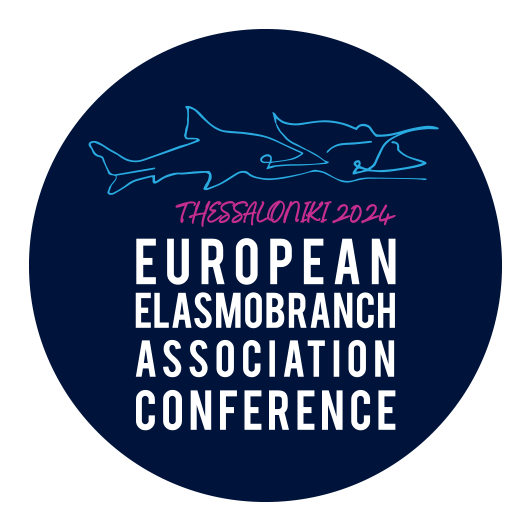
Accession of iSea in the RIMMEL Observation Network of the Joint Research Centre

We are proud to announce the accession of iSea into the RIMMEL (River and Marine floating macro litter Monitoring and Modelling of Environmental Loading) Observation Network of the Joint Research Centre.
The RIMMEL is a JRC (Joint Research Centre) Exploratory Research Project, which started in November 2015 and will last 24 months. This project aiming to assess the quantity of the floating macro litter loads through rivers to marine waters, by collecting existing data, developing an European observation network, deploying a camera system and using the resulting data to build a statistical inverse model of litter loading based on the characteristics of the catchments. The RIMMEL project is developed in the frame of the MSFD (Marine Strategy Framework Directive), which is aiming to achieve Good Environmental Status (GES) of the EU’s marine waters by 2020. One of the descriptors for the GES is the Descriptor 10, dedicated to the assessment of Marine Litter.
Additionally, the project will develop the RiverLitterCam methodology and will provide innovating tool for the monitoring and the assessment of litter in freshwater/estuarine environments. Results will bring a better understanding on litter dynamics from freshwater to marine environments, contributing to source identification and quantification, thus supporting policy makers for improvement of management options.
Our organization will contribute to this project by Joining the observation network and by collecting data from rivers in Greece and Ireland. This study is aligned with our activities on marine litters and micro-plastics and coincides with our scientific interests in the descriptor 10 of the MSFD. It is an important collaboration, since it is the first time a European- scale network has been developed, in order to create the tools for the quantitative analysis of the loads of floating litter the European seas and in freshwater/estuarine environments.
iSea is proud to contribute to such European initiatives, which will observe and maintain the good environmental status (GES) of marine waters in accordance with the requirements of MSFD.
